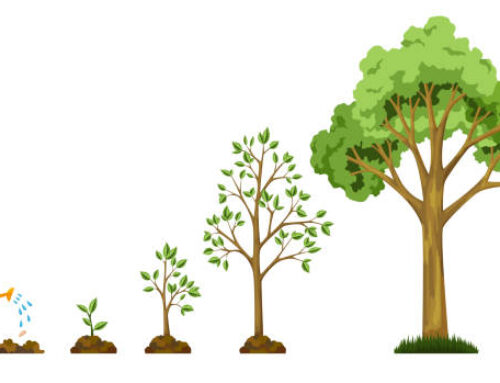Transitioning Aging Workers
Shawnee Love •
February 28, 2013
Increasingly, worker demographics are becoming a hot topic for organizations particularly as they notice the bulk of their workforce may be walking off into the sunset known as retirement in the next 10 years or so. If this is your company, it is important to start thinking about how you can transition these older workers, because planning now will reduce surprises such as:
- Groups of employees leaving– It seems that when one or two people start retiring, their closest friends at work start to leave as well leaving you short staffed and under the gun to replace. This pressure leads to warm body syndrome where your need is so desperate anyone who can fog a mirror will do.
- Disappearing knowledge– As those very experienced people leave, so goes the clever work arounds they developed to get work done despite the red tape or weird glitches in the software or machinery.
3 initiatives companies can introduce to reduce these surprises (and the risk of low performers staying too long) and foster smoother transitions are:
- Create a graduated retirement program in your workplace. Having this program in place will enable you to speak to employees as they near eligibility without it being personal.
- Implement a mentoring program where seasoned team members work with less experienced team members. Yes, it means a bit more overhead, but it pays off when the knowledge of the soon to be retired are shared and it can even keep a really talented senior employee engaged longer.

- Consider offering retirement counseling on what is needed for a healthy happy retirement. I have seen numerous employees who fear leaving the workforce not just because they are worried about the money, but also because they are worried they will lose their identity or their friendships, or perhaps they are worried they will simply fade away when their reasons for getting up each morning gradually were taken away. This type of program offers training and information about entering retirement successfully and has the employee will discuss her retirement needs and wants and strategize on how to achieve them. Then, if you as the employer are flexible about how you can help the employee meet their wants and needs, you will be building a sound plan for transition.
When you help your employees plan wisely for retirement it means you will have plenty of time to get ready for it. On that note, it is also a good time to look at the companies goals and workforce needs and rejig the organization as needed to become more efficient. Any time of change is a good time to develop your organization.





